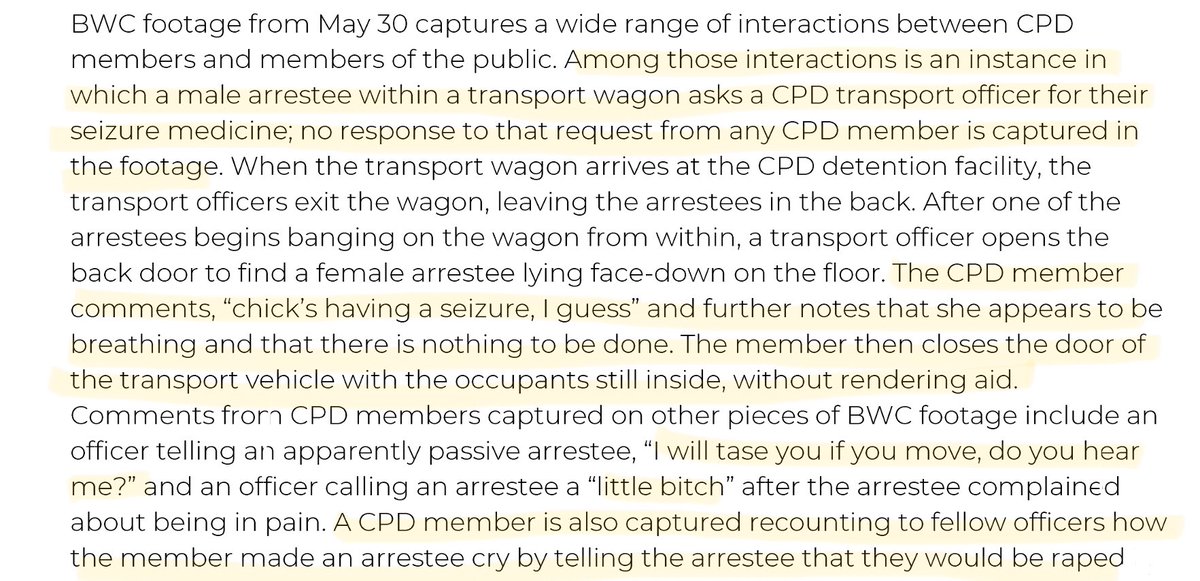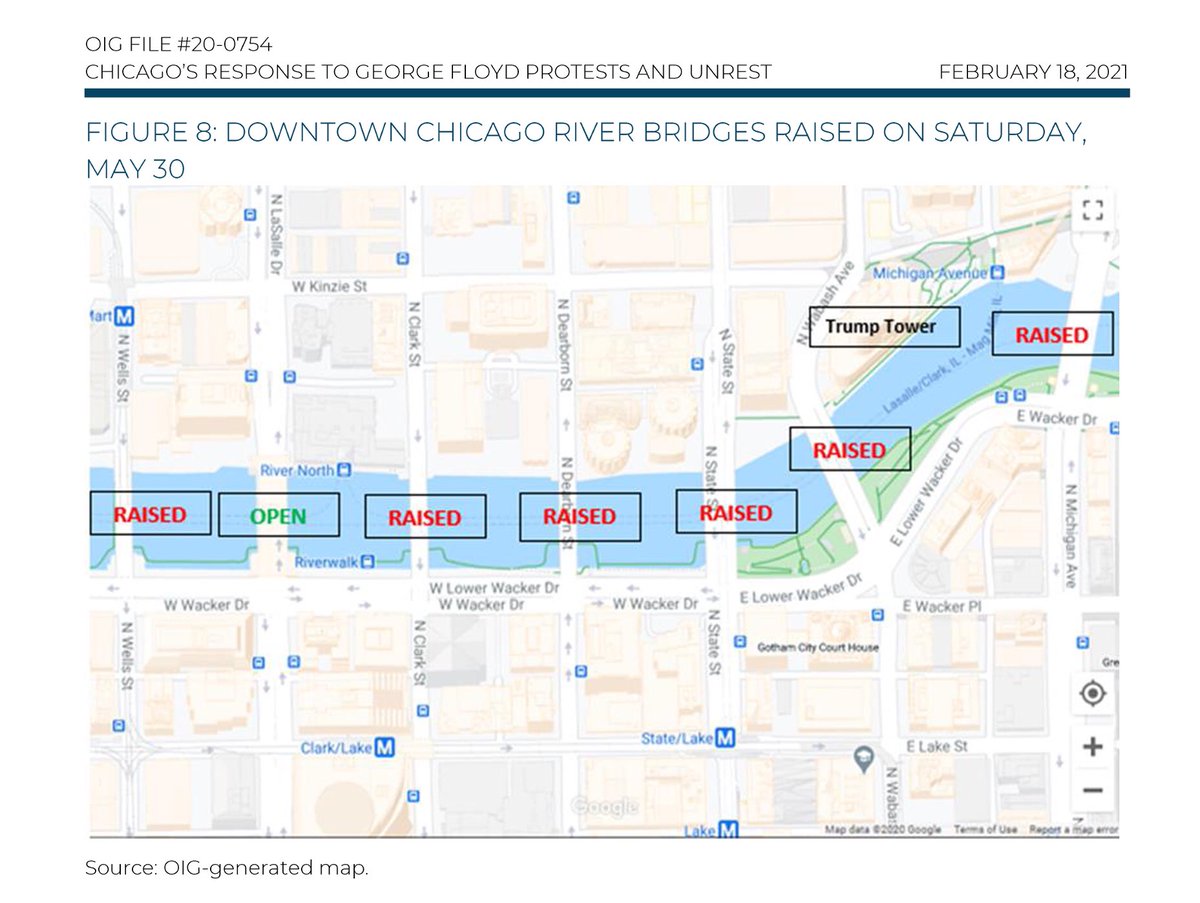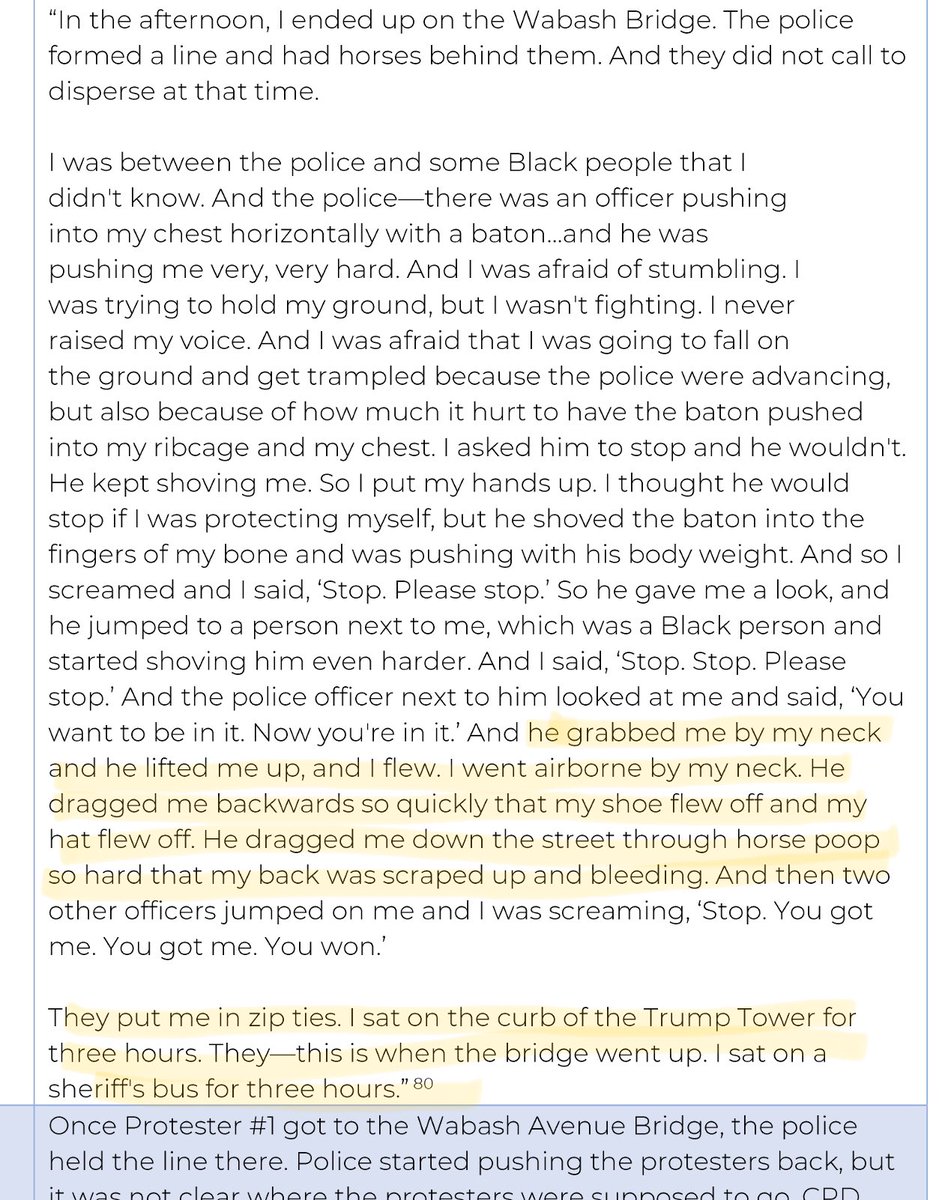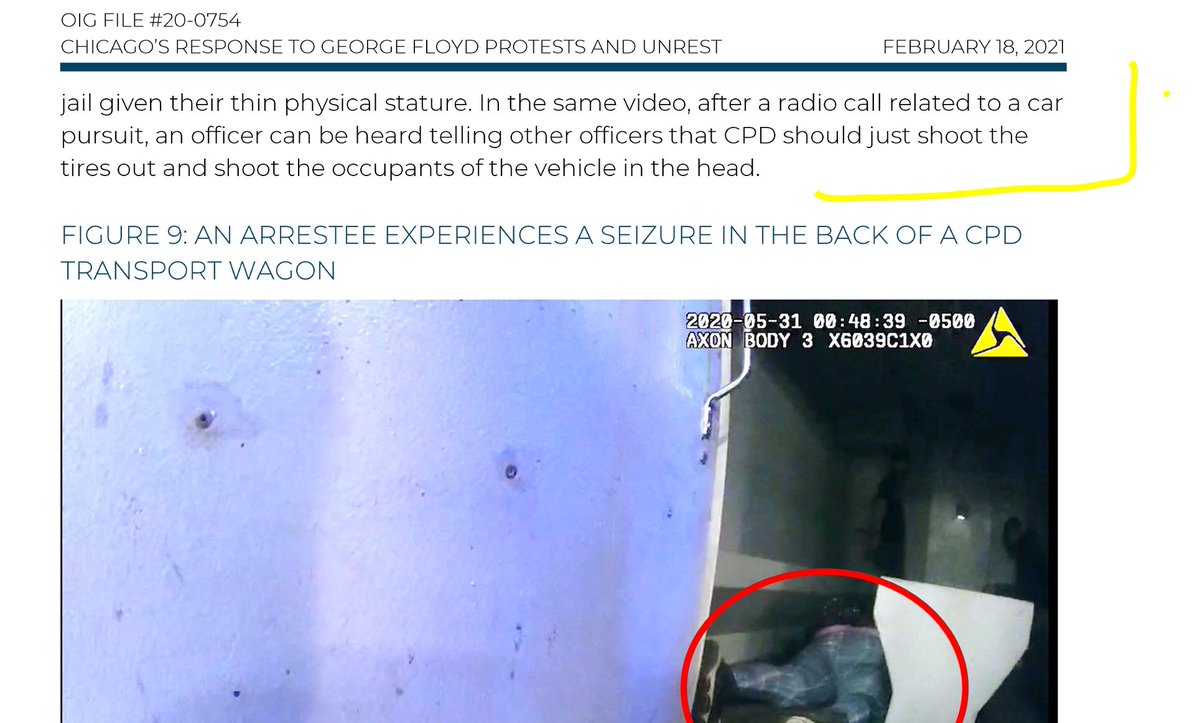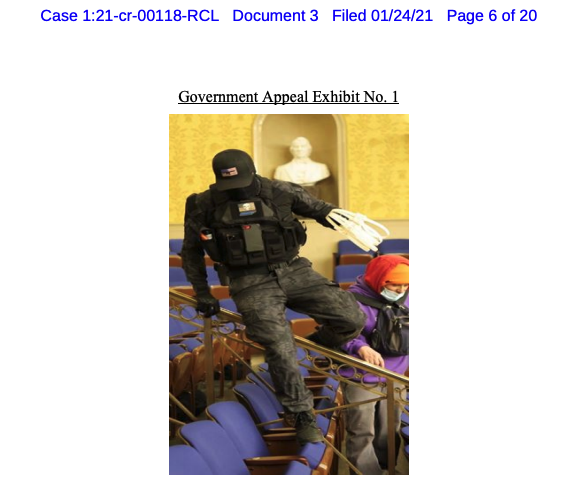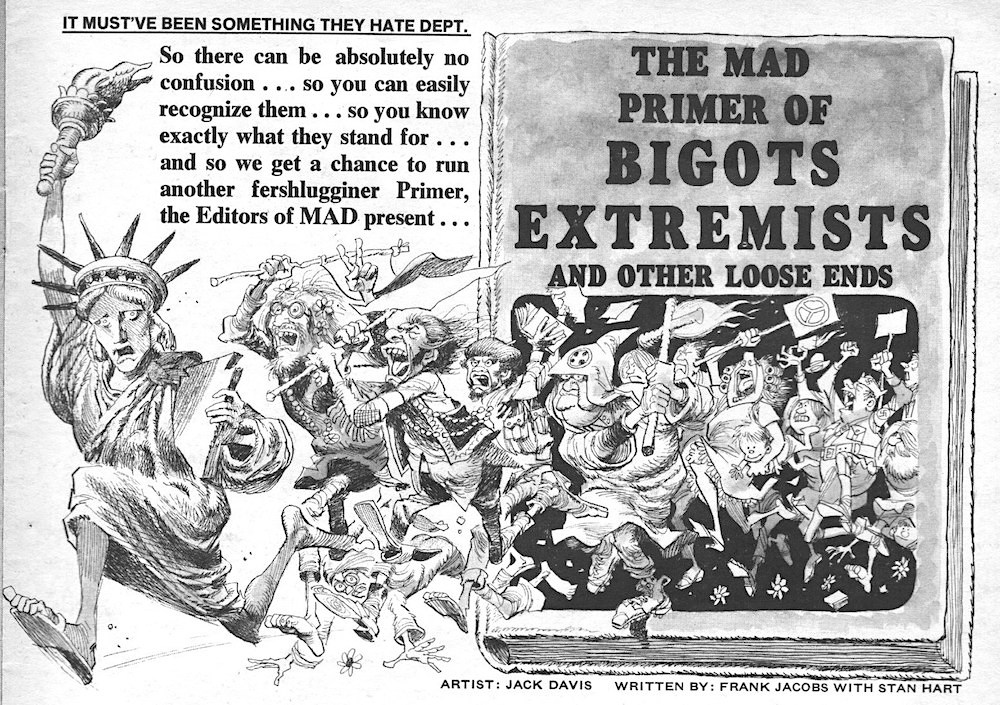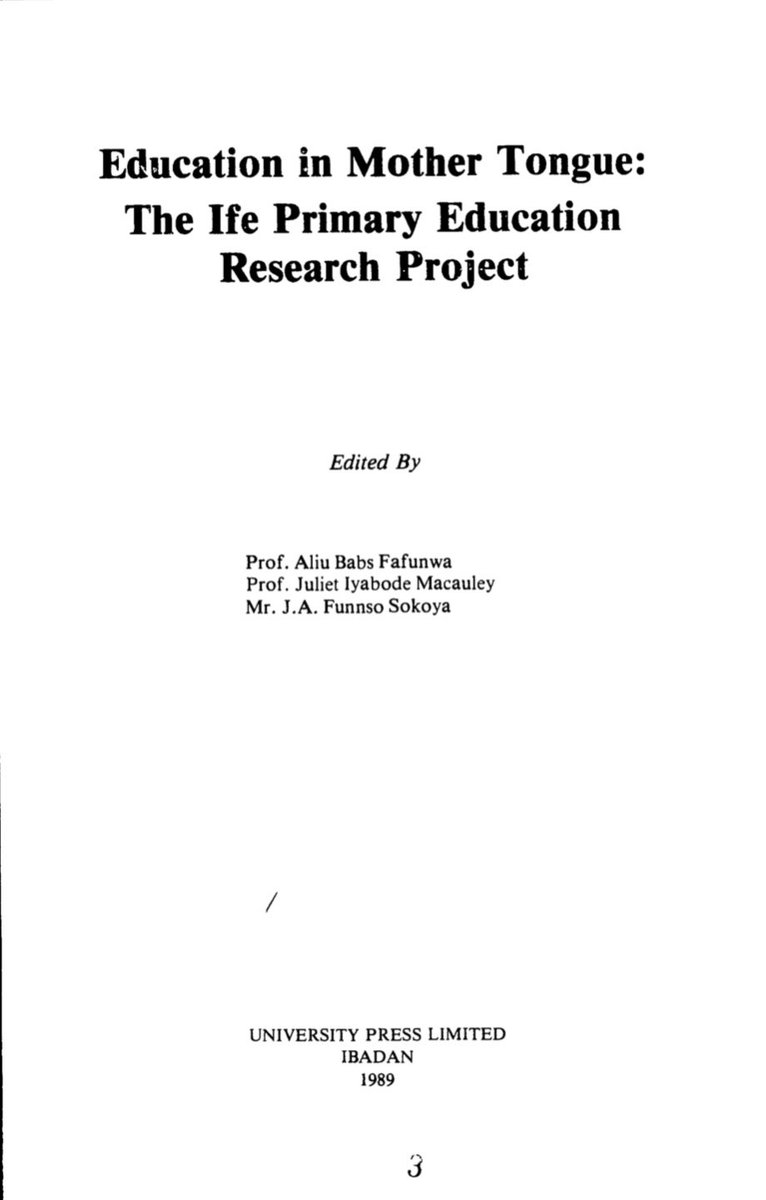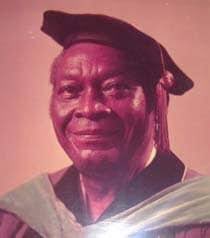https://t.co/GlUkwxodfM
I wrote about the charges filed so far in connection to the assault on the Capitol, how they compare to those filed against J20 and BLM protesters, and the problem with things like over-broad conspiracy charges and felony murder.
A few thoughts.
https://t.co/GlUkwxodfM

You can read @MazMHussain here https://t.co/mXhAnXqZGy
@akela_lacy here https://t.co/YS7L36qyCC
@natashalennard here
https://t.co/1HLtws5PMy
and @aaron_con_choco here https://t.co/wAlulm097I

I wrote about it here: https://t.co/AXWzToLT8N
Here's more about it and a short film by @stephtangk about @BBOflock's story.
https://t.co/ZdzoKZ2nHx

Prosecutors now find themselves with the responsibility of ensuring there are consequences for unprecedented criminal conduct and a message that such violence cannot be tolerated, even as it was called for by the President and enabled by elected officials.
https://t.co/ZK0MJWggKz by @AlexEmmons
https://t.co/KSqcVIVRBH by @mazmhussain
https://t.co/oaYwSAh1l4 by @AlleenBrown & @akela_lacy
https://t.co/MPCyBTnlbZ
https://t.co/54C69VWjMR
So how the hell did January 6 still happen?
The system we do have is not equipped to do that.
There should be accountability, unquestionably, but I doubt our justice system can deliver that.
https://t.co/R5Kd2pDmY6
More from Government
Long thread: Because I couldn’t find anything comprehensive, I’m just going to post everything I’ve seen in the news/Twitter about Trump’s activities related to the Jan 6th insurrection. I think the timing & context of his actions/inactions will matter a lot for a senate trial.
12/12: The earlier DC protest over the electoral college vote during clearly inspired Jan 6th. On Dec 12th, he tweeted: “Wow! Thousands of people forming in Washington (D.C.) for Stop the Steal. Didn’t know about this, but I’ll be seeing them! #MAGA.”
12/19: Trump announces the Jan. 6th event by tweeting, “Big protest in D.C. on January 6th. Be there, will be wild!” Immediately, insurrectionists begin to discuss the “Wild Protest.” Just 2 days later, this UK political analyst predicts the violence
12/26-27: Trump announces his participation on Twitter. On Dec. 29, the FBI sends out a nationwide bulletin warning legislatures about attacks https://t.co/Lgl4yk5aO1

1/1: Trump tweets the time of his protest. Then he retweets “The calvary is coming” on Jan. 6!” Sounds like a war? About this time, the FBI begins visiting right wing extremists to tell them not to go--does the FBI tell the president? https://t.co/3OxnB2AHdr

12/12: The earlier DC protest over the electoral college vote during clearly inspired Jan 6th. On Dec 12th, he tweeted: “Wow! Thousands of people forming in Washington (D.C.) for Stop the Steal. Didn’t know about this, but I’ll be seeing them! #MAGA.”
Jumping in for @DCist/@wamu885 this evening. The scene rn coming up 17th Street from BLM Plaza. pic.twitter.com/Fn9aukjEPW
— Matt Blitz (@WhyBlitz) December 12, 2020
12/19: Trump announces the Jan. 6th event by tweeting, “Big protest in D.C. on January 6th. Be there, will be wild!” Immediately, insurrectionists begin to discuss the “Wild Protest.” Just 2 days later, this UK political analyst predicts the violence
On January 6, armed Trumpist militias will be rallying in DC, at Trump's orders. It's highly likely that they'll try to storm the Capitol after it certifies Joe Biden's win. I don't think this has sunk in yet.
— Arieh Kovler (@ariehkovler) December 21, 2020
12/26-27: Trump announces his participation on Twitter. On Dec. 29, the FBI sends out a nationwide bulletin warning legislatures about attacks https://t.co/Lgl4yk5aO1

1/1: Trump tweets the time of his protest. Then he retweets “The calvary is coming” on Jan. 6!” Sounds like a war? About this time, the FBI begins visiting right wing extremists to tell them not to go--does the FBI tell the president? https://t.co/3OxnB2AHdr









